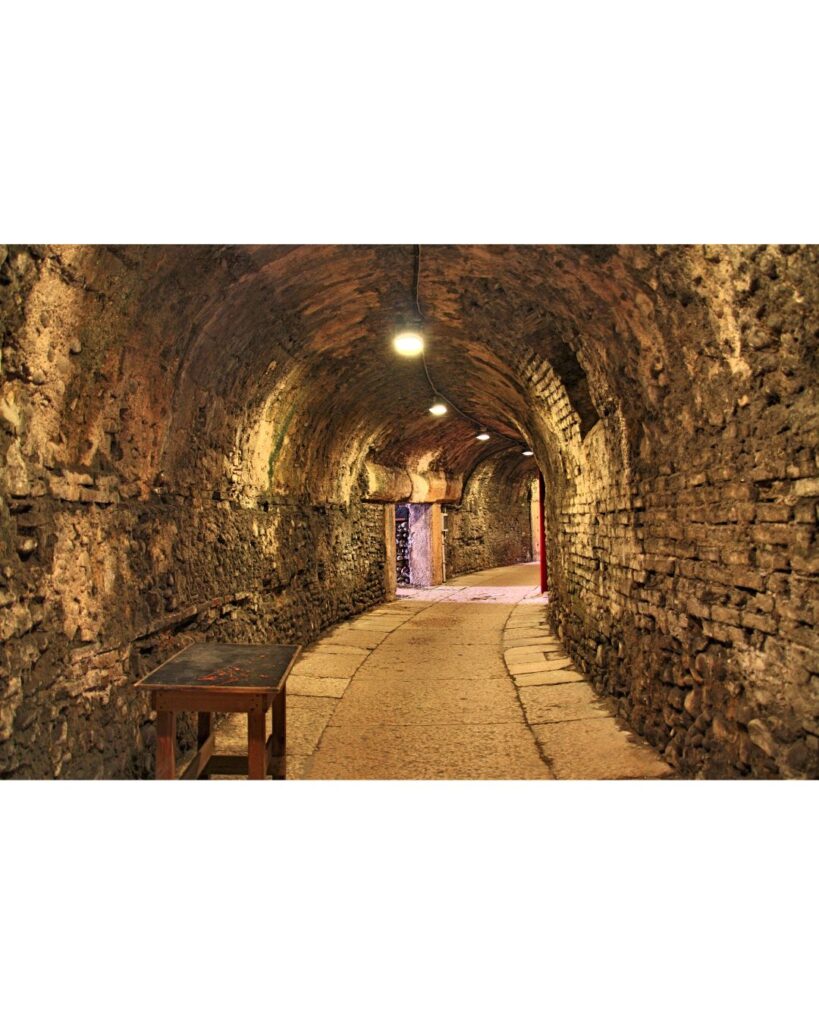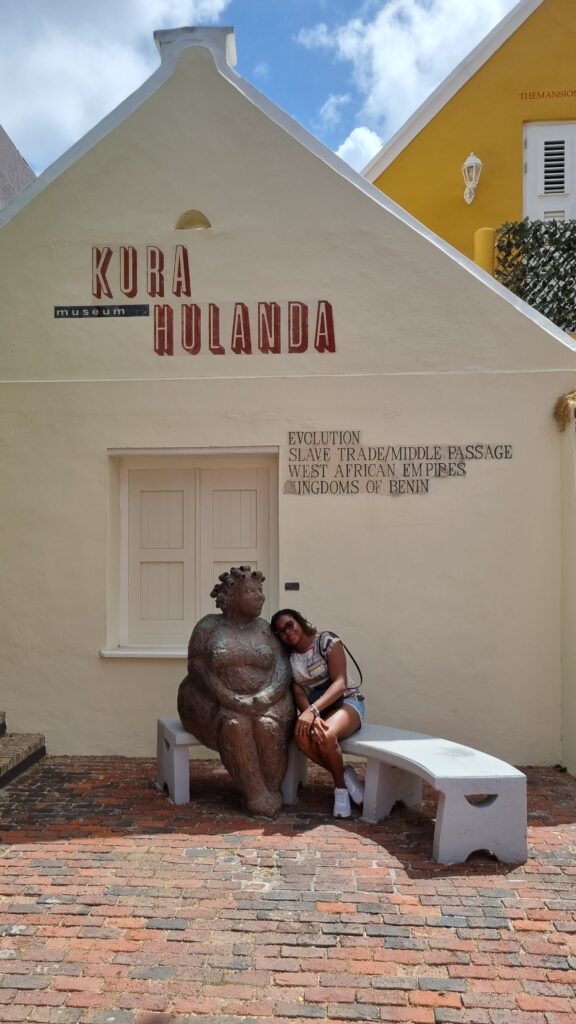The Bible has been called the living Word of God. But for a long time, I struggled to connect with that idea.
As a child, the Bible was read to us faithfully. Some stories were interesting, others were confusing, or downright shocking. I accepted what I was told, never really asking questions.
Ten years ago, I decided to read the Bible from beginning to end, in chronological order. It was the most difficult year of my life. I was walking through repeated miscarriages, and my heart was breaking in silence. I don’t even remember what triggered that reading plan, but I know I was desperately groping for light, something to hold on to.
My commitment was inconsistent. I missed days, skimmed parts I didn’t understand, Leviticus, Chronicles, Song of Solomon, Job. But even through the chaos, one verse planted itself in my soul: Amos 9:7.
“Are you not like the Cushites to me, O people of Israel?” declares the Lord. “Did I not bring Israel up from Egypt, the Philistines from Caphtor and the Arameans from Kir?”
That verse stopped me. God was telling Israel: You are not the only people I’ve walked with. I’ve delivered others too. It shook me. What if God has shown Himself to other cultures throughout history—just not in the meticulously recorded way Israel did?
Curiosity, Travel, and Sacred Spaces
As many of you know, I’ve had the privilege of visiting over 50 countries. And part of that journey includes visiting sacred spaces—churches, temples, mosques, shrines. I enter with reverence. I ask questions. I listen to people’s stories.
But not everyone approves. Some followers tell me not to enter “non-Christian” places. Some fear that curiosity is dangerous.
But I believe this with all my heart: The God who created the universe is not afraid of our questions.
In Kuwait, I visited a mosque. It was peaceful and beautiful. I was gifted an English translation of the Quran. I was eager to read it, but I found it challenging. It wasn’t written like a story or in chronological order. Still, I recognized familiar names, Abraham, Moses, Joseph, and even Ishmael.
That led to a long conversation with a follower. In Christianity, Ishmael often sits in the shadows of Isaac. But in the Quran, he is honored. I went back to the Bible and found every verse that mentioned Ishmael. I read them slowly. Something shifted in me. For the first time, I wanted to read the Bible again, not out of guilt or obligation, but with open eyes and a listening heart.
This Time, It’s Personal
Now, I’m over 60 days into my second full Bible read-through. I’m in Numbers. And it’s nothing like the first time.
I’m seeing the stories differently—as an adult, a woman, a mother, someone who has walked through infertility, someone who has experienced loss, joy, and restoration.
I was stunned to realize: Every patriarch, Abraham, Isaac, Jacob, had a wife who struggled with infertility. I had never noticed that before. And it comforted me. If these women, chosen, blessed, and beloved, struggled to conceive, then my own story wasn’t strange. It was part of a bigger picture.
And the rest of the Bible? It’s wild.
There are animal sacrifices, disturbing stories, sexual immorality, favoritism, injustice, surrogacy through slaves, and mass killings. These stories aren’t easy. But they show us why the Law had to come. Humanity needed structure, boundaries, protection.
And when I step back, I see the brilliance of it: guidelines for disease control (hello, quarantine!), public health, hygiene, taxation, agricultural sustainability, welfare for the poor and widows, rest days. Whether you believe God wrote them or that Moses compiled them by divine wisdom, either way, it’s profound. The Bible laid a foundation for human dignity and justice that we still lean on today.
In Awe of the Word
I’m only just getting started. But I’m in awe.
The Bible is no longer a confusing book from my childhood or a heavy obligation. It’s become a mirror, a window, a guide, and sometimes, a mystery.
I can’t wait to take you on this journey with me. I’ll be sharing more reflections as I go, what surprises me, what comforts me, what challenges me. I’m not looking for perfection. I’m looking for presence.
And I know God is walking with me through every word.
Let’s Talk:
Have you ever reread the Bible—or another sacred text—with fresh eyes?
What did you notice that you missed before?
Drop your thoughts in the comments—I’d love to hear your story.







2 Responses
While I can’t relate to every part of your journey, I can totally relate to trying to actually feel the words of the Bible and not just read them passively. I’m currently 150 days into reading the Bible in chronological order—right now I’m in Psalms.
Some parts are certainly confusing, and there are days I just want to pause and take a break. But then I think, if I can have a 300+ day streak on Duolingo, why not try that kind of consistency with something deeper like the Bible? (Not sure if that’s a great comparison, but it keeps me going, lol.)
I love that you said you’re not seeking perfection but presence. That really stuck with me. Looking forward to reading more of your reflections!
Thank you so much. God bless.